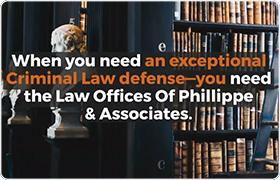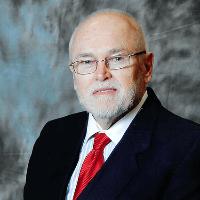Rio Hondo RICO Act Lawyer, Texas
Sponsored Law Firm
-
 x
x

Click For More Info:
-
The Law Office Christopher Phillippe
104 North Express Way Brownsville, TX 78521» view mapCriminal Defense Law Helping Those Facing Difficult Times
We are confident in our ability to resolve difficult legal issues, and we will use our years of experience to represent your best interests.
800-659-6781
Not enough matches for Rio Hondo RICO Act lawyer.
Below are all Rio Hondo Criminal lawyers.
Robert Louis Santos
Family Law, Divorce & Family Law, Criminal
Status: In Good Standing Licensed: 35 Years
Adam Esquire Harper
Criminal, Litigation, Federal Trial Practice, Immigration
Status: In Good Standing
Rafael Ramirez
Construction, Immigration, Criminal, Personal Injury
Status: In Good Standing Licensed: 29 Years
Jeffrey Lee Jackson
Juvenile Law, Estate Planning, Family Law, Criminal, Estate
Status: In Good Standing Licensed: 47 Years
 Christopher Phillippe Brownsville, TX
Christopher Phillippe Brownsville, TX Practice AreasExpertise
Practice AreasExpertise
